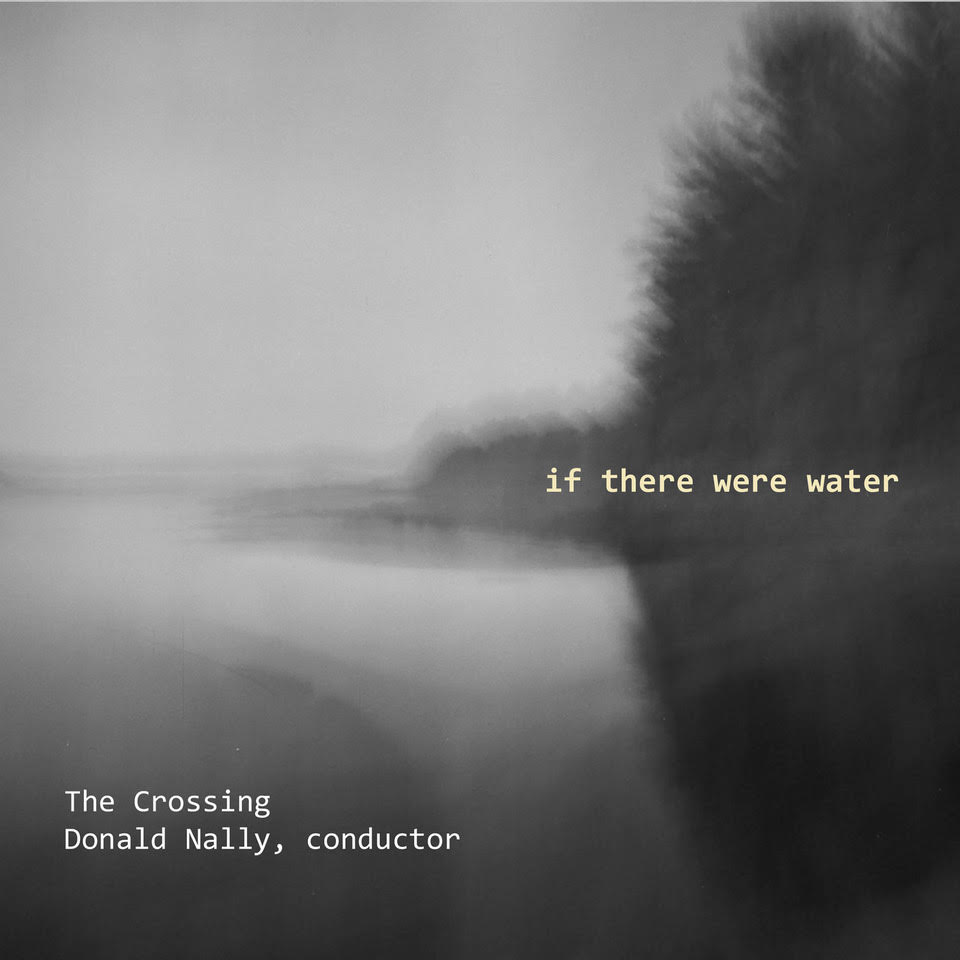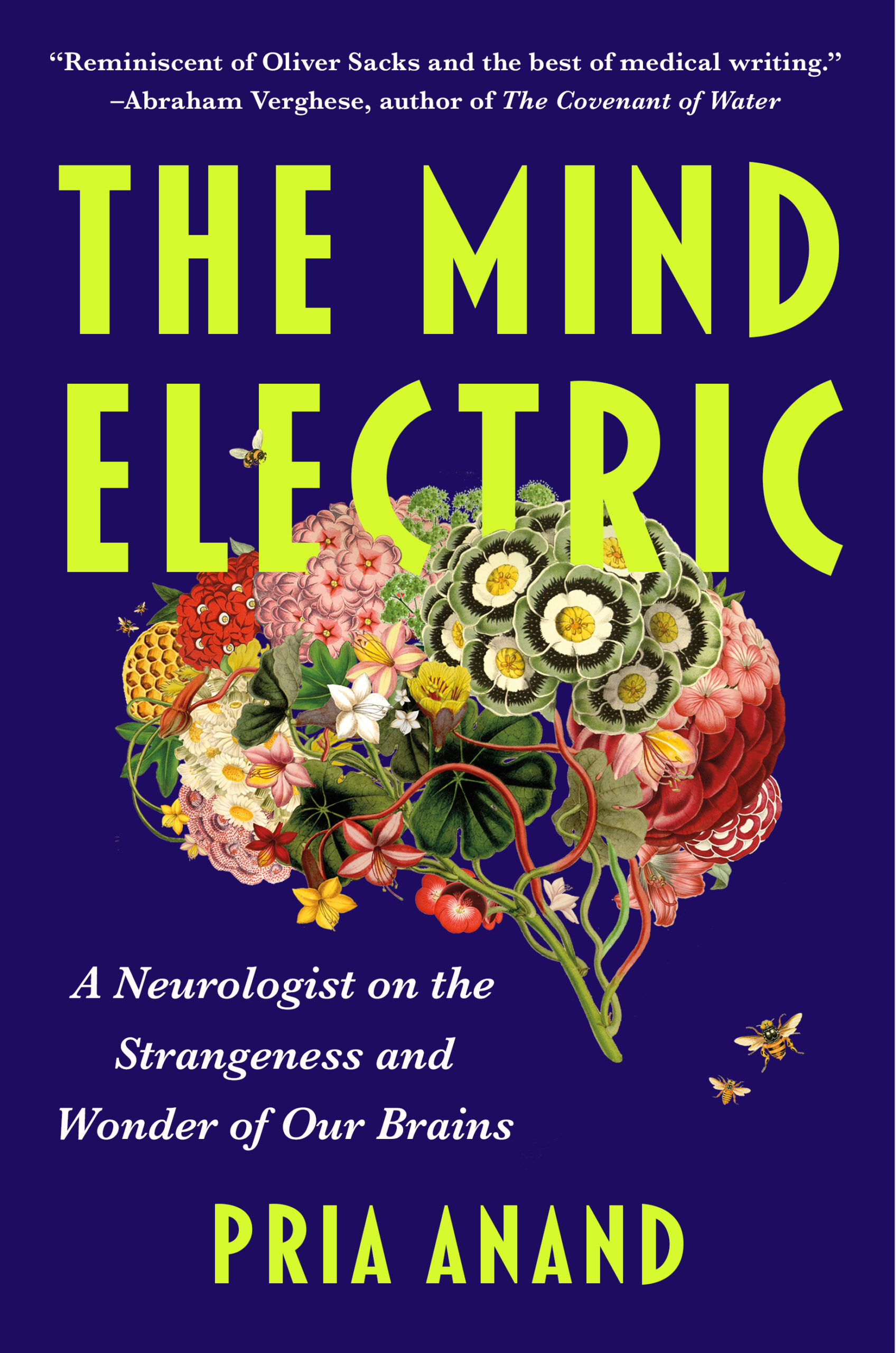un/bodying/s
Poetry by TODD HEARON
Music by GREGORY W. BROWN
“I have made
an elegy for myself it
is true”
Geoffrey Hill, i.m., 1932 – 2016
1. The Meeting of the Waters
Sempiternal waters, sing-
ly sing, gush glottal-less & all
onomatopoetical your
triphthong’s liquid pluraling
through rock & ruck & rill
purl, pounce, pronounce & preen the sourceless
flourish of your sundry selves, unseamed
anima, antiphonal
Ursprache,
ensembling in simul-
taneous tumult the babbling
Earth’s eternal tongues;
O airy
Yggdrasil, within whose watery limbs
climbs the burgeoning current
of birdsong indistinguishable—
wren-trickle, thrush’s trill,
aria of orioles
dissolved in the dawn chorus
but intimated tributaries
still:
voicings of a universal
dialect, a will
gone malleable & migratory
raptured in translation, diaspora
becoming at a stroke
diapason; O
Ouroboros, origin-&-end,
in Bacchic spring come thundering
down the escarpment’s scree & skim
littering the valley
with erratics, scattered limbs
of a glacial language éxtant only in
lacunae, contour,
kettle, esker drift,
congregated relics
where a village went; what crook
denotes you truly, what
wandering wand divines
your secular in-saecula-
saeculorum sign:
your mouth’s green myth
pressed to the ocean’s ear,
your mountain tale in touch
with some ridiculous sublime
that slips like the gopher soul into its hole
surfacing into the world of time:
2. The Valley of Lost Names
Think of a time our own names conjure
nothing but a body of unbroken water
(Moon over Quabbin. Body of bottled light
poured across the body of the water,
something far, at the surface—finned or feathered?
rolling in distress—)
at dawn the sudden, trumpeting eagle
strikes.
The drowned towns, four-square, hymned in stave & stanza,
swallowed walls on walls of song, each stone a tongue
where the salmon canter over the meadow baffle dam
& small-mouthed bass hosanna . . .
Too deeply now for any to remember
so why does it seem important to remember
when we will ourselves, these fluent selves, like water
subsumed in greater water be impossible to remember
to distinguish the veins in the hand that worked the lathe
wove the straw, rippled at morning into a gesture of love or praise
or clipped the dewy lilac from its stem
or turned the fieldstone into the sunken wall
of a cellar hole, the jam jars lined within
the vagrant bittersweet unwinds among
when the shore recedes (in the twinkling of an eye)
the tombs stick out like knees.
Deep in a time that is no longer time
but the greater dissolutions of the water
within whose workings ever unspool our names
as it were (as it will be) upon a ghostly bobbin . . .
3. Questions for a Disincorporation
“to undo, separate or dissolve from a body”
Dana, MA; Prescott, MA; Greenwich, MA; Enfield, MA: April 28, 1938
A solitary grebe
filling itself, in reflection,
into a globe—
Where does the body go?
Is it the same
as the wind in the trees
the wind in the highest limbs
that sweeps them uniformly like the necks of swans
swimming in consort
so they seem in time
with a music it is impossible to hear
from this distance
(we are very far)
—as in a silent film, the couples dancing,
the sweeping of light & limbs across the floor
as across the water’s surface, in reflection,
when the wind lifts
& the glacier of a cloud pulls over
& the mares’ tails fly
like tribes, nomadic tongues, erratic stars?
Winterlong
the bodies of lost deer
lie littering the ice.
The human graves, carved up & carted
to the minted cemetery on the hill.
The summer fields, under the frozen surface . . .
(Something of us remains Something of us shall not suffer
to be changed)
In spring, when the small birds come
back to the north meadow & the eagle-fretted bones
rise from the ice
across the breaking floes
as it were upon another shore
where does the body, through the fields of other bodies,
go?
4. Atlantis
About that country there’s not much left to say.
Blue sun, far off, a watery vein
in the cloud belt. The solid earth itself
unremarkable: familiar ruins
littered with standing stones our people
had lost the ability to decipher.
How deeply had we slept? Beneath the jellyfish
umbels of evergreens, each one a dream,
and the effervescent stars, cold currents
tugged at our thoughts like tapestries
unraveling into war. All spring
the nightingale perched on the green volcano’s lip.
The rats had abandoned the temples.
My mind was a voyage hungering to happen.
5. Poem with Any End
When all this All doth pass from age to age—
this City on a Hill, its golden dome
and cupolas a quiet sea floor,
the crabbed, neurotic streets still disentangling
obsessive thirst, obsessive westwardness . . .
what is a city without
water?
Rome, its spidered aqueducts
bearing the bounty of barbaric springs
down mountaining arches, a song in the valley
sempiternal waters
sing
over the sunken ponds & soapstone quarry,
the Dipper rising with inscrutable stars
over the village where they made the bobbins
to slip down dark, infernal aqueducts
(like shades to slake the high, titanic thirst
of Boston)
to Boston.
Todd Hearon is the author of two volumes of poems, Strange Land (Southern Illinois University Press, 2010), winner of the Crab Orchard Poetry Series Open Competition, and No Other Gods (Salmon Poetry, 2015). He’s the recipient of a PEN/New England “Discovery” Award, the Friends of Literature Prize (Poetry magazine and The Poetry Foundation), the Campbell Corner Prize (Sarah Lawrence College), The Rumi Prize (Arts & Letters) and served, most recently, as the Dartmouth Poet-in-Residence at the Frost Place in Franconia, New Hampshire. He lives and teaches in Exeter, New Hampshire.
Composer Gregory W. Brown’s works have been performed across the United States and Europe—most notably in Weill Hall at Carnegie Hall in New York City, Cadogan Hall in London, and the Kleine Zaal of the Concertgebouw in Amsterdam. His commissions for vocal ensemble New York Polyphony have been heard on American Public Media’s Performance Today, BBC Radio, Minnesota Public Radio, Kansas Public Radio, and Danish National Radio; his Missa Charles Darwin received its European debut in March 2013 at the Dinosaur Hall of Berlin’s Museum für Naturkunde. Brown’s 2015 CD of original choral and vocal works—Moonstrung Air—was Q2’s Album of the Week for Feb 16th, noting that “[Brown’s] command of transcendent sound is constant…the pieces ring like higher-power-bells, those of science, faith and the human voice.”





